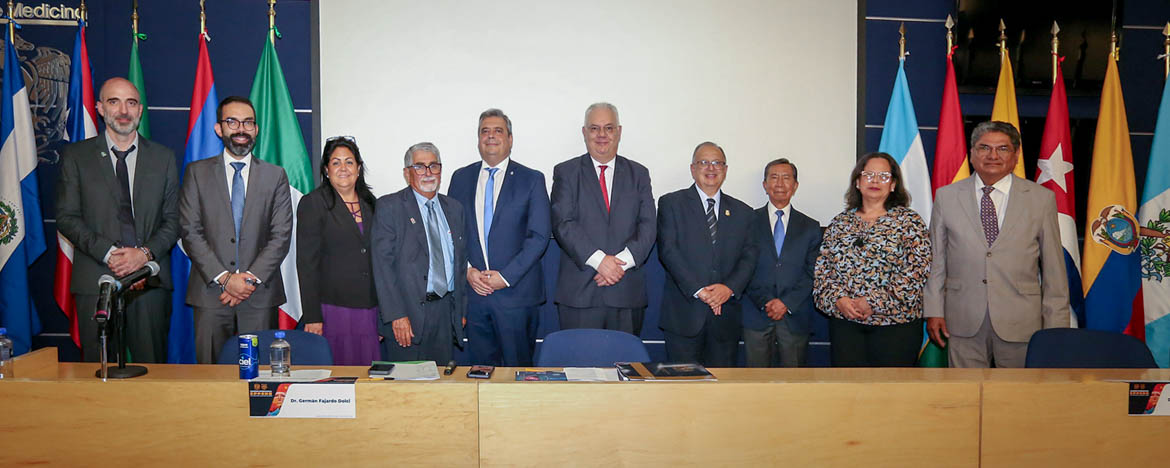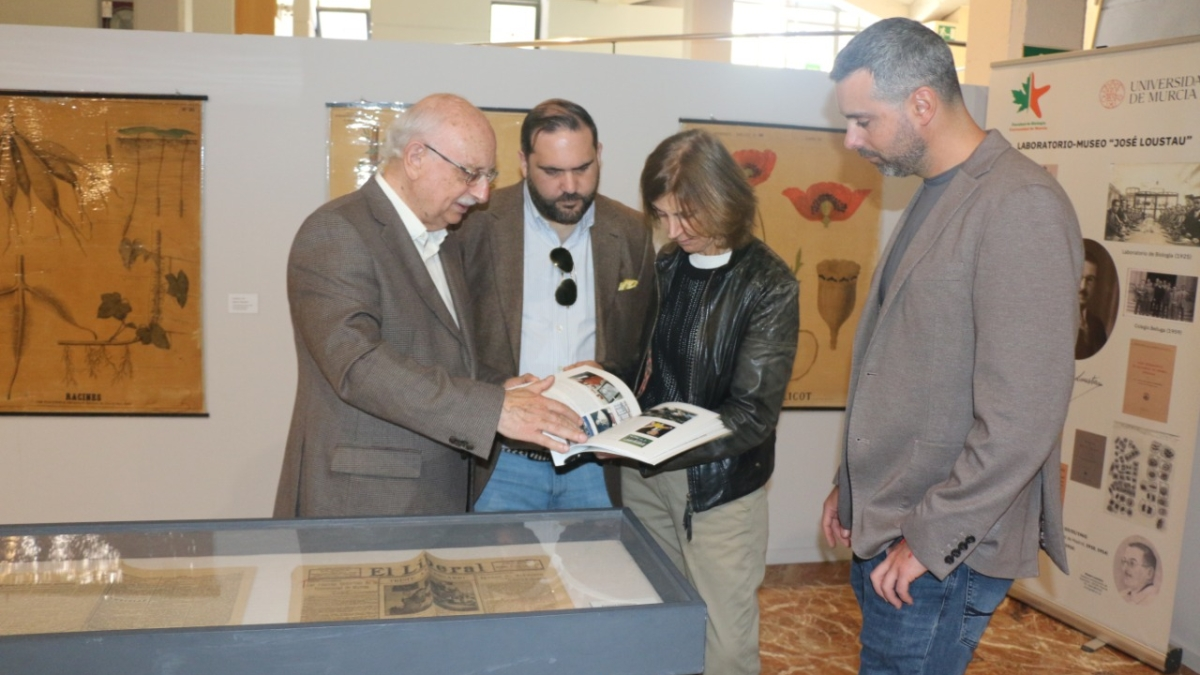Between August 9 and 11, the Latin American and Caribbean Association of Colleges and Schools of Medicine (Alafem), an international organization sponsored by the Association of Universities of Latin America and the Caribbean (Udualc), held its 25th conference in which deans, professors, and researchers from these institutions in the region gathered To research, analyze and exchange views on the education of health professionals based on primary health care and professional practice, as well as the accreditation of medical education according to international standards, among other topics.
Rogelio Pizzi, Dean of Medical Sciences and Dean of Inter-University Collaboration at UNU, was appointed within the framework of the EPPENS International Conference held at the Faculty of Medicine of the National Autonomous University of Mexico (UNAM), a place reserved for deans. Medicine interacts, establishes agreements that strengthen relationships, and seeks strategies that enhance the academic mobility of students, teachers, and researchers.
Last Thursday, Pizzi convened a conference titled: “Experiences in Education and Professional Practice in Medical Training in the Americas Region.”
In his speech, the Head of Medical Sciences highlighted the importance of remembering that Alafem was fundamental in promoting cooperation between medical faculties and schools, and promoting the exchange of knowledge and experience to improve the quality of professional health training. “The collaboration with the Universities Association of Latin America and the Caribbean (UDUALC) has further enriched our relations and allowed us to address common challenges,” said Pizzi.
In addition, he said, access to affordable medication is crucial. “Joint negotiation between our organizations can have a significant impact on the acquisition of those that have catastrophic prices, which will benefit our communities and our patients. It is therefore necessary to address the ethical implications of new technologies in medicine. Technological development poses challenges and opportunities in healthcare, and we must ensure Ensure that our medical practices are always underpinned by strong ethical principles.
The President of the University for Inter-University Cooperation has set an ambitious agenda that includes many basic pillars in the field of medical education. This includes promoting professional practice, adapting teaching methodologies to technological developments and actively seeking international accreditation for academic programmes.
It also assumed the commitment to form strategic alliances with relevant institutions, such as the Pan American Health Organization (PAHO) and the Federation of Pan American Medical Colleges and Schools (FEPAFEM), with the aim of promoting human resource training strategies covering the entire region.
Finally, he said: “During my tenure as President of Alafem, we will work tirelessly to strengthen cooperation between our faculties, reaffirming their social responsibility. We will implement a strategic plan that will include preparing for future epidemics, joint negotiation of affordable medicines, promoting ethics in the use of new technologies and advocating for The primary role of health teams in caring for health crises.





